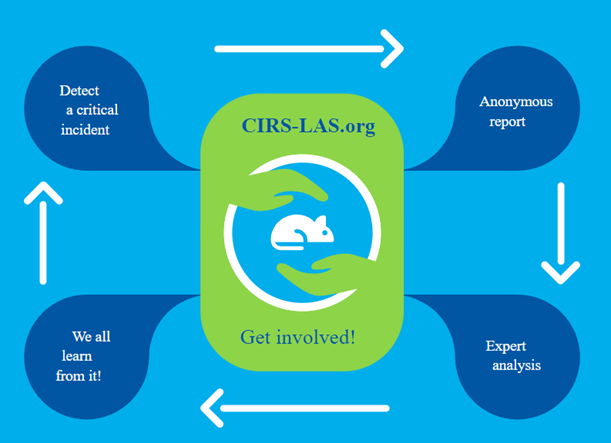Welfare Evaluation
In this article
Evaluating an animal experiment helps you and your colleagues optimize future animal experiments, estimate discomfort in future animal experiments and identify unexpected discomfort. The welfare evaluation also contains the data necessary for the annual registration.
When a retrospective assessment takes place at the end of your project, the welfare evaluations form the basis for the information you need to provide for this.
Welfare evaluation
Within two weeks of removing the last animal from the experiment, and, for ongoing experiments, also at the beginning of each calendar year, you write a welfare evaluation. You send this to the laboratory animal coordinator and the Animal Welfare Body. The period of two weeks is important because there should still time to ask questions. We can also apply the lessons we learnt from the evaluation in other studies.
The welfare evaluation consists of two parts. The first part provides insight into (forced) deviations from the original work protocol and into unexpected effects or incidents that may have had an impact on well-being. It is important to learn from this for subsequent studies. The second part concerns the registration of animal experiments as we provide for the national and European annual figures. Partly for this reason, you must also evaluate experiments in the interim when a new calendar year has started. You do this in January, so that this data can be included in the annual registration.
CIRS-LAS (Critical incident reporting system in laboratory animal science)
CIRS-LAS is a global database for reporting (near) incidents that occur during the conduct of animal experiments. The database is founded in 2015 by the Animal Welfare Body of the University Medical Centre of Jena, Germany, to the model of ‘critical incidents’ reports within medicine. The global internet platform is freely accessible for everyone. Since January 2025 critical incidents during the conduct of the experiment are reported through this platform by the researchers. By using this platform, we ultimately contribute to open dialogue, animal welfare and reducing the number of laboratory animals. Reports can be posted easily and anonymously. There is no need to register for this. However, if you want to view the database, registration is required. Within the database it is possible to start a discussion in response to a report.
What is a critical incident? A critical incident is an occurrence that led to a reduction in scientific value or to unexpected harm or death of the animal


